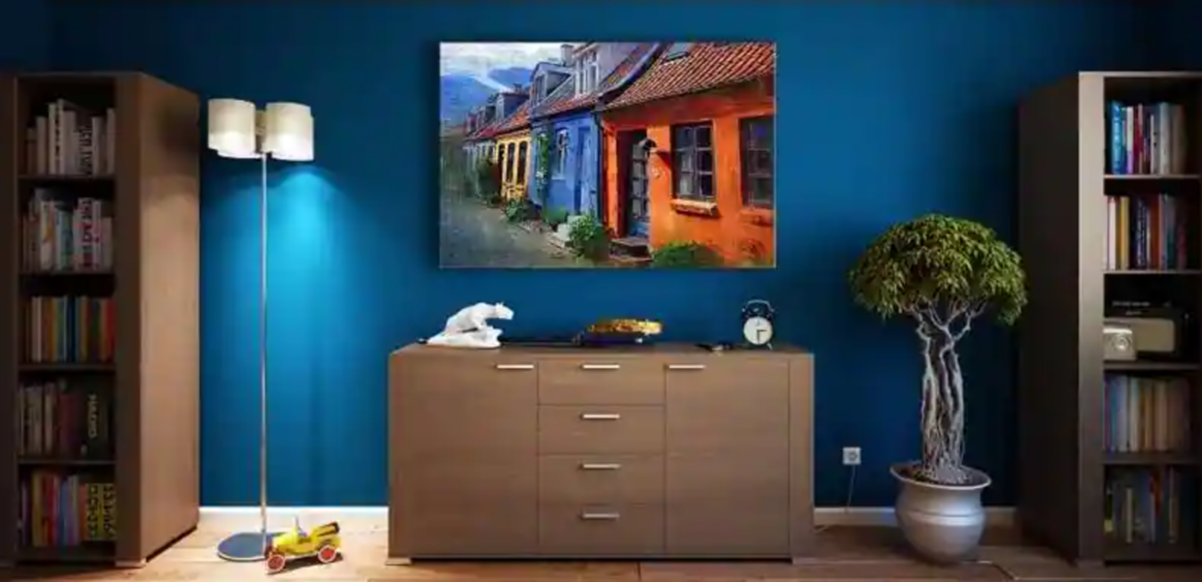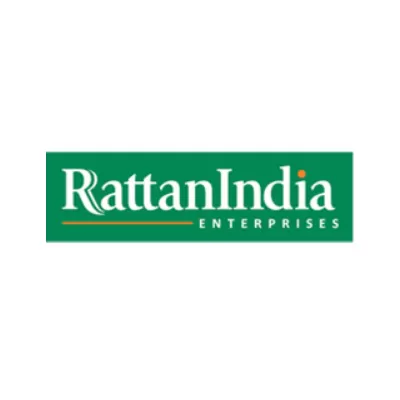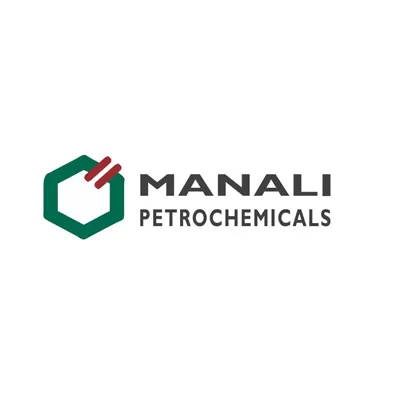

Revolt Motors Unveils ‘Azadi From Petrol’ Offer
To mark India’s 78th Independence Day, Revolt Motors, the country’s leading electric motorcycle brand, has introduced its special “Azadi From Petrol” offer, encouraging riders to break free from rising fuel costs and embrace smarter, sustainable mobility.Under this limited-period scheme, customers purchasing any Revolt electric motorcycle can enjoy benefits worth up to Rs 20 million. The package includes zero insurance fees, providing free coverage valued at up to Rs 7 million, along with cash savings of up to Rs 13 million.The initiative highlights Revolt’s mission to make electric ..

Inox Green Signs 182 MW Wind O&M Deal
Inox Green Energy Services Ltd., one of India’s leading renewable energy operations and maintenance (O&M) providers, has signed an agreement with a major diversified Indian conglomerate for the comprehensive O&M of 182 MW of operational wind projects under its renewable energy division.Located across multiple sites in Western India, these projects are integrated with common infrastructure owned by Inox Green. The deal includes converting 82 MW of wind projects from limited-scope to comprehensive O&M, as well as renewing comprehensive O&M for another 100 MW well ahead of sched..

MPL Q1 Profit Rises to Rs 144 Million
Manali Petrochemicals Limited (MPL), a leading petrochemical manufacturer and part of AM International, Singapore, has reported its unaudited consolidated financial results for the quarter ended 30 June 2025.The company posted a consolidated total income of Rs 2.43 billion for the quarter, up from Rs 2.38 billion in the preceding quarter ended 31 March 2025. Profit Before Tax (PBT) stood at Rs 200 million, compared to Rs 159 million in the previous quarter, while Profit After Tax (PAT) rose to Rs 144 million from Rs 108 million. For the full year ended 31 March 2025, MPL recorded a total incom..



















